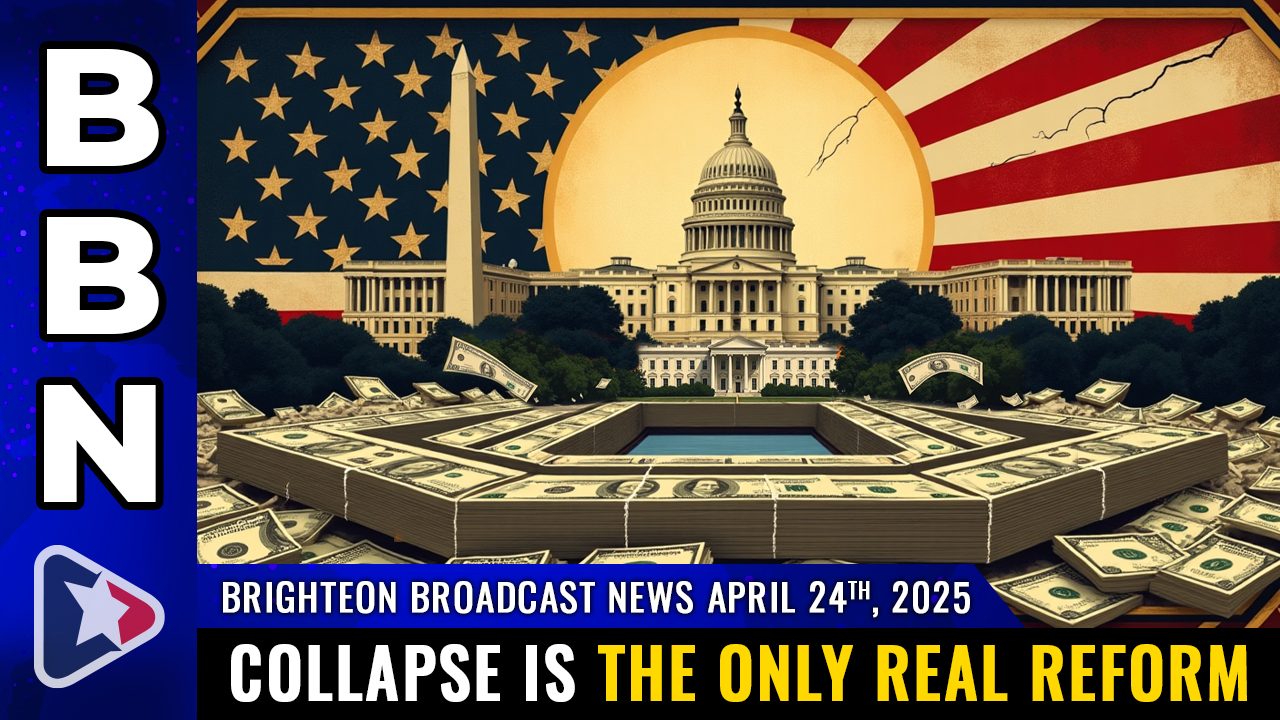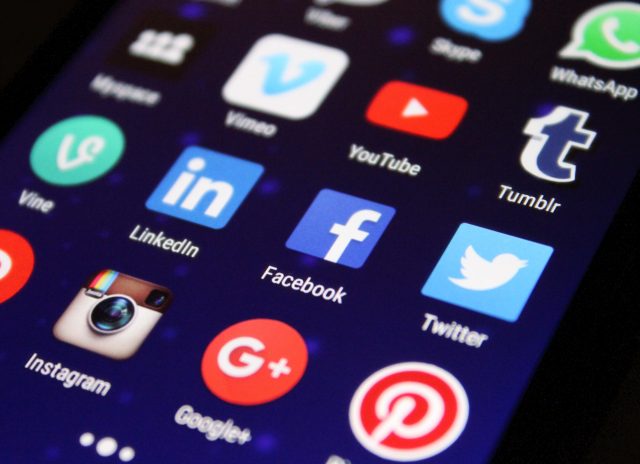WHO proposes permanent tech alliance to shape health narratives, sparking debates over censorship and behavioral control
By willowt // 2025-04-24
Tweet
Share
Copy

- The WHO plans to institutionalize pandemic-era collaboration with Silicon Valley (e.g., Meta, Google) by forming a "health online collective" to sustain centralized control over health messaging via algorithms, influencer networks and content moderation.
- The WHO measures success by "behavior change" rather than open discourse, using AI-driven programs (like Fides) to train influencers and suppress dissenting voices under the guise of combating "misinformation."
- Critics warn the plan risks entrenching censorship by framing alternative health approaches (e.g., natural medicine) as "misinformation," mirroring tactics used by groups like the Center for Countering Digital Hate (CCDH) to silence dissenting experts.
- The alliance deepens ties between Big Pharma, tech monopolies and global health bodies (e.g., FDA, UN), raising concerns about biased science, eroded scientific debate and loss of local health sovereignty.
- Health freedom advocates argue the WHO's "prebunking" and "social immunity" rhetoric delegitimizes dissent, prioritizing compliance over autonomy and threatening holistic healthcare alternatives. Resistance is growing among civil society groups warning of irreversible digital authoritarianism.
The WHO’s vision: Permanent institutionalized control
At the core of Pattison’s proposal is the idea of making pandemic-level digital health coordination a routine practice rather than a reactive measure. During the COVID-19 crisis, WHO and Meta collaborated closely to amplify approved messaging, restrict “misinformation,” and deploy campaigns like Fides, which trains healthcare influencers to propagate WHO-approved content. Pattison described these efforts as successful in shaping public behavior through targeted algorithms and emotionally charged social media posts. “[Fides] empowers local influencers, like a Ugandan creator, to contextualize global health advice as a ‘creator from Uganda talking about the latest scandal,’” Pattison said, emphasizing the program’s role in tailoring messages to local audiences while maintaining centralized control. The goal, he added, is to measure success not by “likes or impressions” but by “behavior change,” with tech platforms prioritizing content that aligns with institutional priorities. The alliance would extend beyond content removal to include proactive collaboration with tech companies’ “product managers” to design platforms that reinforce health authority narratives. This includes algorithmic boosts for official messages and coordinated moderation policies to suppress dissenting viewpoints, framing them as dangerous or contrary to “evidence-based” science.Censorship, suppression and the erosion of scientific debate
Health freedom advocates and media watchdogs argue such alliances threaten civil liberties and scientific pluralism. The Center for Countering Digital Hate (CCDH), known for its “Disinformation Dozen” report targeting healthcare professionals opposed to pandemic mandates, exemplifies a broader trend of tech-NGO partnerships that critics say stifle open dialogue. “The Fides program and similar initiatives echo CCDH’s tactics, aiming to silence doctors and researchers who question dominant health policies,” said Michael Schmidt, a health policy researcher at the Pacific Institute for Health Freedom. “This isn’t about science—it’s about consolidating power.” Historically, pandemic-era collaborations like Africa’s Infodemic Response Alliance provided precedents for such alliances. These networks leveraged state-backed censorship to marginalize alternative health discourse, often labeling natural remedies or early immunity-focused strategies as “misinformation” without rigorous peer review. The UN’s growing emphasis on “evidence-based international standards” adds geopolitical weight to this push, with critics arguing it erodes local governance of health policy. Meanwhile, Silicon Valley’s revolving door between Big Pharma and tech companies—such as the FDA’s Rumor Control division, criticized for its ties to industry—fuels accusations of biased science.Behavior as the new metric
WHO’s explicit focus on behavioral compliance over transparency raises ethical questions. “The target isn’t information-sharing—it’s control,” said Dr. Catherine O’Neil, a bioethics professor at Johns Hopkins University. “If you measure success by ‘behavior change,’ you’re prioritizing compliance with institutional directives over individual autonomy.” Pattison confirmed this approach, stating, “Inoculating populations against misinformation is the goal.” This metaphor—comparing public discourse to a virus—aligns with prebunking strategies pioneered by institutes like Brown University’s Information Futures Lab, which treat dissent as a pathogen requiring “social immunity.” Health freedom advocates counter that such framing delegitimizes vital dialogues about holistic health, early therapies, or the risks of overmedicalization. “When trusted natural products are labeled ‘misinformation,’ it endangers communities reliant on those approaches,” said Li Ling, director of the Asian Natural Health Collective.A crossroads for global health governance
WHO’s push reflects a broader shift toward institutionalizing digital health control post-pandemic. While proponents argue this ensures timely responses to crises, opponents see irreversible risks to civil liberties and scientific integrity. As debates intensify, the coming months will test whether this alliance becomes a cornerstone of global public health policy—or sparks a global uprising over health freedom. Civil society groups, including Natural Health liberation networks, urge vigilance, stressing the need to preserve diverse viewpoints and evidence-based transparency in an increasingly centralized digital landscape. “In an era of algorithmic manipulation, health freedom hinges on people’s right to seek truth,” Lingle said. “If we let these alliances dictate our choices, we cease being citizens—and become subjects.” Sources include: ReclaimTheNet.org DecisiveLiberty.news HealthcareDive.comTweet
Share
Copy
Tagged Under:
glitch WHO big government globalism pandemic misinfo health freedom Medical Tyranny Censored Science Big Tech disinfo badhealth medical censorship
You Might Also Like
Intel plans 20% workforce reduction to combat declining competitiveness in AI market
By Cassie B. // Share
Antibiotics in infancy linked to elevated Type-1 Diabetes risk
By Lance D Johnson // Share
By Finn Heartley // Share
By Lance D Johnson // Share
Key steps to protect yourself if your phone is lost or stolen
By Lance D Johnson // Share
Recent News
Intel plans 20% workforce reduction to combat declining competitiveness in AI market
By isabelle // Share
Antibiotics in infancy linked to elevated Type-1 Diabetes risk
By ljdevon // Share
Key steps to protect yourself if your phone is lost or stolen
By ljdevon // Share





